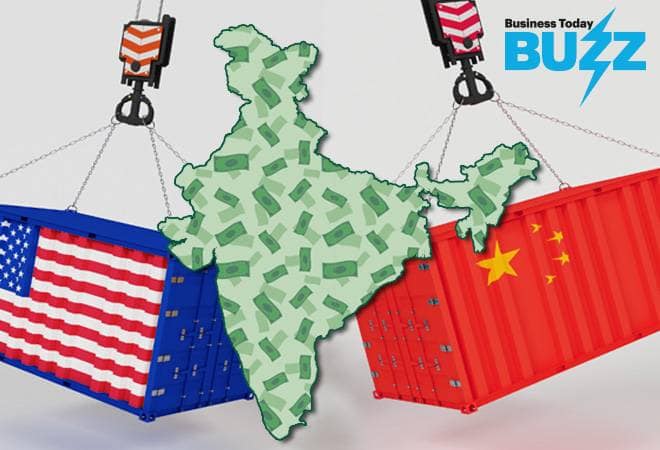Exports, not barriers, can help India cut trade gap

Global Times - 10 July 2019
Exports, not barriers, can help India cut trade gap
By Hu Weijia
US President Donald Trump said Tuesday that "India has long had a field day putting Tariffs on American products. No longer acceptable!" If the US starts a trade war with India, this is of course bad news for New Delhi, while China is also likely to feel the pain.
Trump’s words gave a hint that Washington may take further steps to impose pressure on New Delhi after it ended preferential trade treatment for India in June.
The US goods and services trade deficit with India was $24.2 billion in 2018, roughly equivalent to Cambodia’s GDP last year. It’s unlikely that Trump will tolerate large deficits with India without taking any measures.
Trade tensions with the US and a trade deficit with China are two major pressures faced by India.
Its deficit with China, according to Chinese customs data, climbed to $57.8 billion in 2018 from $51.7 billion in 2017. If India cannot dodge the bullet of US trade protectionism, the nation is likely to be eager to cut its trade deficit with China to balance the pressure.
India’s widening trade deficit with China has been long seen as a challenge for bilateral relations. If India chooses to boycott Chinese products to cut its deficit, the coming years will see the bilateral conflict over trade become more intense and deep-rooted.
India’s Ambassador to China Vikram Misri was quoted by the South China Morning Post (SCMP) as saying Monday that the two countries need to tackle the growing trade deficit before it becomes a "politically sensitive issue" in India.
New Delhi wants the Regional Comprehensive Economic Partnership (RCEP), a proposed free trade agreement that would cover 16 economies in the Asia-Pacific region, to include strict rules of origin to prevent Chinese goods from flooding its markets, SCMP reported.
India has long been seen as the largest stumbling block to concluding an RCEP agreement. If the SCMP’s report is accurate, additional requirements including strict rules of origin may delay an RCEP deal and thus prevent the whole region from embracing free trade.
A possible US-India trade war will cause a domino effect on the Asia-Pacific region. India needs to remain calm in the face of US tariff risks and avoid antagonizing China or any other country in the region by pursuing protectionism to reduce its deficit. India can’t afford to antagonize China and the US at the same time. India’s best choice amid a possible trade war with the US is to seek maximum common ground with China to develop greater economic endurance against external attacks.
India’s export potential in fields such as agriculture and labor-intensive industries is still far from being fully realized. China is sincere in increasing imports from India. Pushing up exports is a better way to cut India’s trade deficit with China than a boycott of Chinese-made products.





